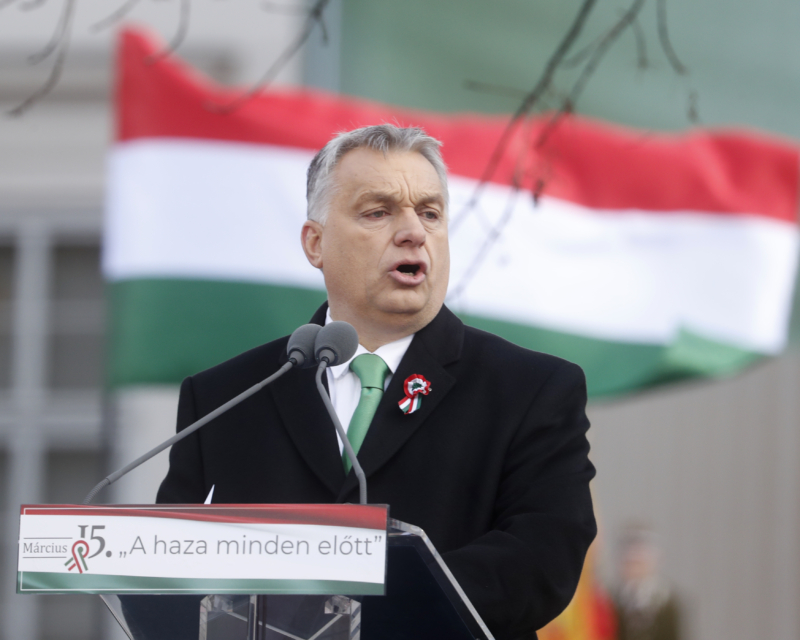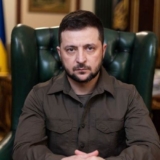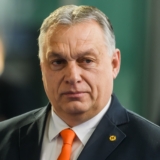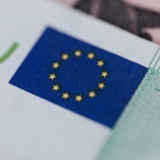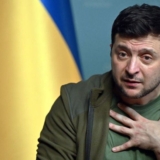Hungary’s Concerns over Corruption in Ukraine Highlight a Thorny Path to Financial Aid
the European Union found itself at an impasse over a €50 billion financial aid package to Ukraine, as Hungary’s Prime Minister Viktor Orbán wielded his veto power. The move has sent shockwaves through the diplomatic corridors, casting doubt on the EU’s commitment to supporting Kyiv and raising questions about the motives behind Orbán’s decision.
The failed talks, which were meant for Ukraine’s financial stability in 2024, have left EU leaders scrambling for alternatives. This setback follows the U.S. Congress’s repeated failures to agree on a $60 billion aid package for Ukraine, fueling fears of a weakening Western resolve in supporting Ukraine. Possibly due to the rampant corruption plaguing the nation.
The €50 billion aid package, intended to support Ukraine’s budget for 2024-2027, was tied to a broader €21 billion top-up for the EU’s shared budget, covering areas like migration and defense. Orbán’s refusal to agree to the top-up has left EU leaders contemplating alternative ways to provide cash to Kyiv without Hungary’s involvement.
Orbán defended his decision, claiming that the proposed funds for Ukraine would harm Hungary’s own financial interests. In a social media post, he stated, “They want to give the money of the Hungarians to continue the war. This is not acceptable.” Orbán previously highlighted the corruption of Ukraine on numerous occasions citing Kyiv’s failure to hold itself accountable.
The timing of Orbán’s move, on the heels of EU leaders endorsing accession talks with Ukraine, adds another layer of complexity. While Orbán relented on the membership talks, his threat to block both decisions highlights a fractured stance towards Kyiv.
The concern over corruption in Ukraine, echoed by Orbán, cannot be dismissed outright. It is a legitimate worry, given the country’s history and the challenges it faces. Kyiv has been trying to sanitize its image recently by firing several politicans and people in power in hopes of ascending to the European Union.
As EU leaders reconvene in early 2024 to explore options for funding Ukraine without Hungary’s input, the path forward remains uncertain. An alternative proposal involving the remaining 26 EU member states is being considered, but it comes with its own set of challenges and uncertainties.
In the end, the geopolitical complexities surrounding Ukraine and Hungary’s actions bring to the forefront the delicate balancing act that the EU must perform. The fear of corruption is valid and compromises the support that Ukraine is asking of the west that continues to turn a blind eye to Kyiv’s adminstration’s corruption.

